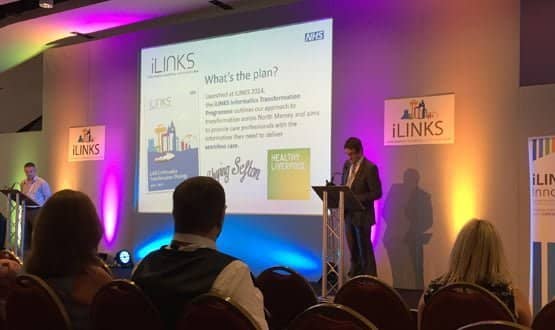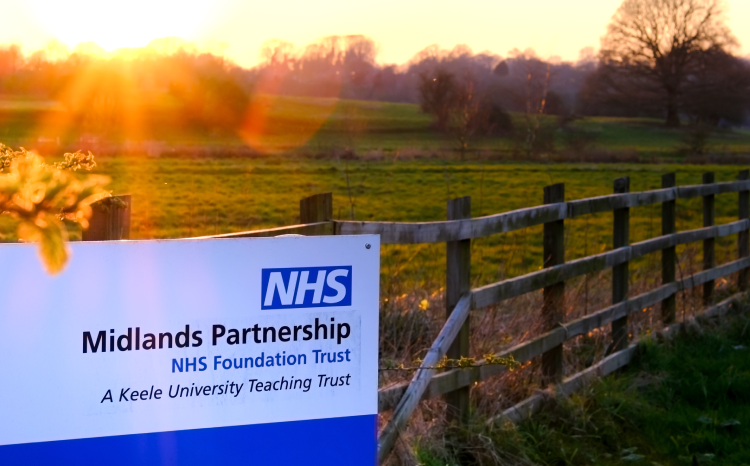Merseyside shares 5.5m records in a year
- 15 July 2015

The GP records of patients in North Merseyside have been shared 6.5 million times amongst health and social organisations in the region as a result of the area's iLinks Transformation Programme.
The bulk of the sharing has happened in the past year, when records held by local practices on the Emis Web system were shared 5.5 million times with hospital staff, social workers and other professionals working in health and social care and using different record systems.
This is a significant leap since work on information sharing began in 2008. Between the start of the project and 2014, records were shared one million times across the region, which covers a population of around 750,000 people across three clinical commissioning groups in Liverpool, South Sefton and Southport and Formby.
Of this population, it is thought around 200,000 people have had their records shared and accessed through the use of individual data sharing agreements between GP practices and other organisations.
The project has accelerated since the publication last year of the iLINKS Informatics Transformation Strategy 2014-2017, which sets out a plan for health and social care providers and suppliers in the area to collaborate on sharing patient data to support integrated patient care.
Discussing the figures at the iLinks conference in Aintree, Dr Rob Caudwell, chair and clinical IM&T lead at Southport and Formby CCG, said that they were aiming for one million instances of record sharing in the past year, but that that usage at “exponentially taken off”.
The iLinks team now plans to expand record sharing further by moving from the more than 2,500 individual data sharing agreements to one iLINKS Information Sharing Framework for information governance covering all local health and social care organisations at scale.
The framework is currently going through local governance, where it is being approved by the various providers, and is expected to be signed off by everyone before the end of this month.
Dr Simon Bowers, vice chair and clinical IM&T lead at Liverpool CCG, said that the agreement means that sharing data won’t be a novelty and will just be the way business is done day-to-day on North Mersey. “That's why we will never talk about sharing again. It will all be sorted.”
He explained that the information covered by the framework was not the sort of data related to corporate activities or business intelligence. “It's about the stuff that we might actually want to share for patient benefit.”
He added: “It gives us the view that our professionals need to make better decisions for the people that they serve, securely with an appropriate level of detail so you’re not picking a phone up or singing onto another machine.”
Specific principles of the framework include limited access to information based on a professionals’ role or what service they provide; providing an opt-out option; and working on a consent system that means when a patient consents to a referral they also consent to that consultant having access to the appropriate information.
In addition, there is mandatory training for all staff and ongoing monitoring and evaluation of both the model and its effectiveness.
The framework also separates information into four segments: summary care record, hospital information, diagnostics information and community information. These segments are broken down into a number of tiers with information starting at lower levels of sharing and building upwards.
Once the framework is finalised it will allow healthcare providers in Liverpool to take the next steps in the iLINKS Informatics Transformation Strategy 2014-2017, with Bowers highlighting the importance of system interoperability.
He said that providers in the region, including Emis, Allscripts, Meditech and Liquidlogic, were on board and keen to work together.
The ultimate aim is to give health and social care professionals the ability to log on to the system they are used to using and have access from a single screen to any relevant data collected by other systems throughout North Merseyside.
“I'll see the bits need to see through my own screen never more than two mouse clicks away,” said Bowers. “I won't have to log on using a different smartcard or go on another desktop with another system. Any of that stuff. It will just be there.”
Digital Health News reporter Thomas Meek attended this year’s iLinks conference in Aintree. For a full update on the programme, read his feature, We can work IT out.





